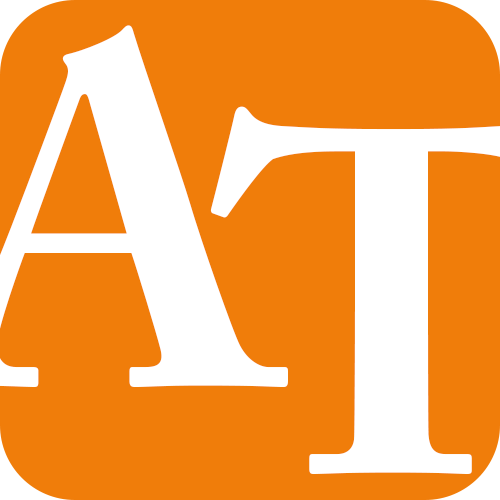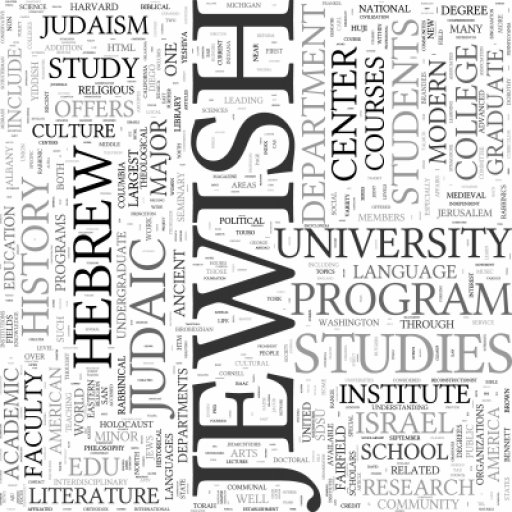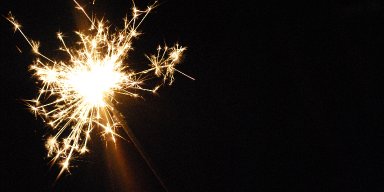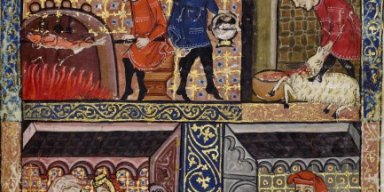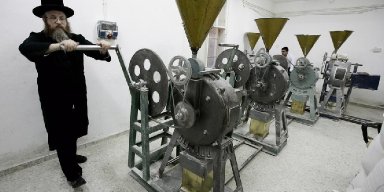Rabbi Natan had passed away in 1844. Small groups of Breslovers continued in obscure Ukrainian towns. Opposition existed, but at least it was non-violent. There was little hope of becoming a mass-movement in that environment. The tremendous sense of spirituality, study of Torah and ecstatic prayer that had been taught by Rabbi Nachman seemed doomed to oblivion. The increasing secularism in Russia and Ukraine, along with the widespread pogroms perpetrated against the Jews in the first years of the twentieth century, caused many Jews to flee Ukraine, where they had lived for some 800 years. The mass immigration to America occurred in this time (This is the time when my grandparents came to the U.S.) However, a not insignificant number went to the Holy Land, then a Turkish province. As Rabbi Nachman had greatly praised the Holy Land, and had made a pilgrimage there, and a similar pilgrimage was made by Rabbi Natan many years later, several pivotal Breslov leaders moved to Jerusalem. One was asked "How can you leave Rabbi Nachman's burial place?!?!" He responded "I doubt if your grandchildren will even have heard of Rabbi Nachman or his burial place". Those were prophetic words. As I wrote in the last article, Rabbi Natan had said "I believe that one page of Rabbi Nachman's words can be a life raft". The Breslovers, though a tiny, persecuted group, continued to print and distribute the literary treasures that continued to give them joy and a sense of closeness with G-d and Torah, despite the icy reception these words found among their brethren. I was once told by a young man who was distributing Breslov books "I believe that every book has an address". One such book found its addressee in the unlikely location of Lublin, Poland. Rabbi Yitzchak Breiter (1886-1943) was a student at the great Yeshivah of Lublin. He had never heard of Breslov or Rabbi Nachman. One day, he "happened" to pick up a book someone had left at his desk. It was the writings of Rabbi Nachman. He looked, and was overcome by a feeling of wonder and enthusiasm. He studied the book diligently that day, but the next day it was gone; it simply vanished. Some time later, he found another book, which was a commentary on the first. He eagerly devoured it. The title page said that it was put out in Breslov. Breslov? Where was that?!?! He wrote letters to Breslau in Germany, which remained unanswered. He saw the city of Uman mentioned. He assumed that this was a place in ancient Israel. He began telling his friends about the wonderful thoughts he had discovered in these books. He spoke longingly of Uman, which he assumed to be in the Holy Land. A fellow student passed by and overheard what he was saying. "Holy Land? It's in Ukraine, just a few hundred miles away from here. I'm from that area! There are a bunch of crazies there that study these books and follow a dead rebbe!" Rabbi Yitzchak was excited. He now had an "address". He wrote a letter to a Jewish book store in Uman. asking for more information. Alas, the owner of the store was an opponent of the Breslovers. The letter remained untouched for many weeks. One day, one of the Breslover leaders in Uman came into the shop, and the proprietor handed him the letter. "Someone not from this region has discovered our treasures?!?!" He shared this with his friends and colleagues. They all undertook to write to the young scholar; words of encouragement, words of insight. He was amazed to receive a large bundle of letters, filled with light and life. He began preaching these ideas all over Poland, and gathered several thousand followers. This was unprecedented in the history of the movement. Persecution of the movement was unheard of in the Polish Jewish community.. When the great Rabbi Meir Shapiro of Lublin opened his magnificent yeshivah in 1924, he welcomed Rabbi Breiter to use his yeshiva as a central gathering place for the movement. On Rosh Hashanah, when Ukrainian Breslovers gathered to Uman, thousands of Polish Breslovers gathered to Lublin, and the illustrious Rabbi Shapiro not only prayed with them, but led the Musaf services...year after year! The approach of Rabbi Yitzchak was to stress faith, finding joy, finding G-d, everywhere in all things.Eli Wiesel writes that his first encounter with the teachings of Rabbi Nachman was in a concentration camp, where the Breslover inmates would encourage the others to have faith, and find joy in life, even in those horrendous circumstances. Although Rabbi Yitzchak Breiter perished in Treblinka, after having been a source of inspiration in the Warsaw ghetto, his surviving students spread Breslov all over the world.It was one of his works that I found in Cincinnati in 1975 that inspired me to study these teachings, and which reshaped my life. Indeed, it was for me a life raft. Every book has an address.
